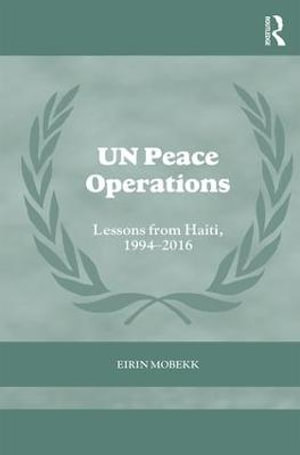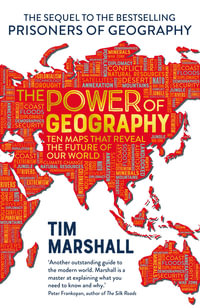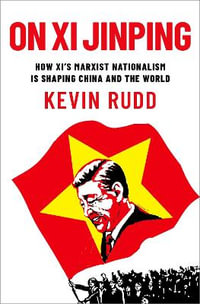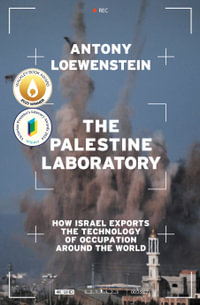This book assesses the UN Peace Operations in Haiti and establishes what lessons should be taken into account for future operations elsewhere.
Specifically, the book examines the UN's approaches to security and stability, demobilisation, disarmament and reintegration (DDR), police, justice and prison reform, democratisation, and transitional justice and their interdependencies through the seven UN missions in Haiti. Drawing on extensive fieldwork and interviews conducted in Haiti, it identifies strengths and weaknesses of these approaches and focuses on the connections between these different sectors. It places these efforts in the broader Haitian political context, emphasises economic development as a central factor to sustainability, provides a civil society perspective, and discusses the many constraints the UN faced in implementing its mandates. The book also serves as a historical account of UN involvement in Haiti, which comes at a time when the drawdown of the mission has begun. In an environment where the UN is increasingly seeking to conduct security sector reform (SSR) within the context of integrated missions, this book will be a valuable contribution to the debate on intervention, UN peace operations and SSR.
This book will be of interest to students of peace operations and peacekeeping, conflict studies, security studies and IR in general.
Industry Reviews
'This is an important and timely contribution to the burgeoning literature on UN peace operations. Mobekk's analysis does much to explain why Haiti has become a graveyard for UN-led efforts to reform conflict-strewn and deeply divided societies.' -- Mats Berdal, King's College London, UK
'A much-needed analysis from Eirin Mobekk based on extensive direct knowledge gained from long-term involvement in Haiti and informed by her extensive experience of other major conflict zones. UN peacekeeping is evolving rapidly and becoming be far more multi-dimensional. As an organisation it faces many demands and even more challenges and if it is to greatly improve its peacekeeping operations it must learn from recent experience. This book is a singularly valuable contribution to that laudable aim.' -- Paul Rogers, University of Bradford, UK
'This is a commanding book. It is about the history of UN operations in Haiti, but it is also about lessons for international interventions generally. Mobekk sharply argues the need for justice - criminal justice reinforcing judicial reform and police reform at the same time, and politics in international interventions. Political responsibility of the locals (in this case Haitians) as well as internationals is vital - all the technocratic, institution-building, bureaucratic reforms that the UN and others bring 'neutrally' to interventions are doomed to underperformance if there is no recognition that political problems need politics to deal with them. Eirin Mobekk has done a brilliant job of showing this.' -- James Gow, King's College London, UK
























